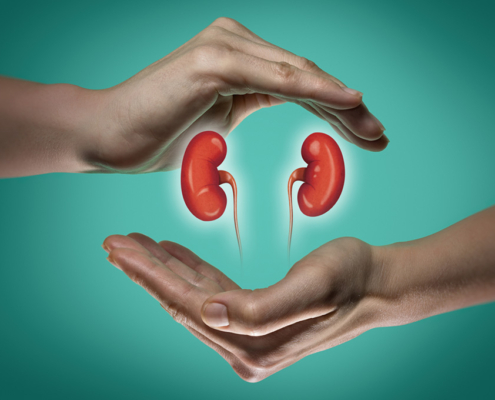Binge Eating Disorder Treatment with a Long Island Registered Dietitian Nutritionist
A binge eating disorder (BED) is a complex and serious condition that involves more than simply overeating or a lack of willpower. It is a multifaceted disorder that affects both physical and emotional health. Medical nutrition counseling offers a therapeutic approach to addressing binge eating and compulsive overeating. Every individual’s journey to recovery is unique, which is why an adaptive and holistic treatment program is essential. Through online nutrition therapy, Nancy can help you identify your triggers, normalize your eating behaviors, and develop a healthier relationship with food and your body.



